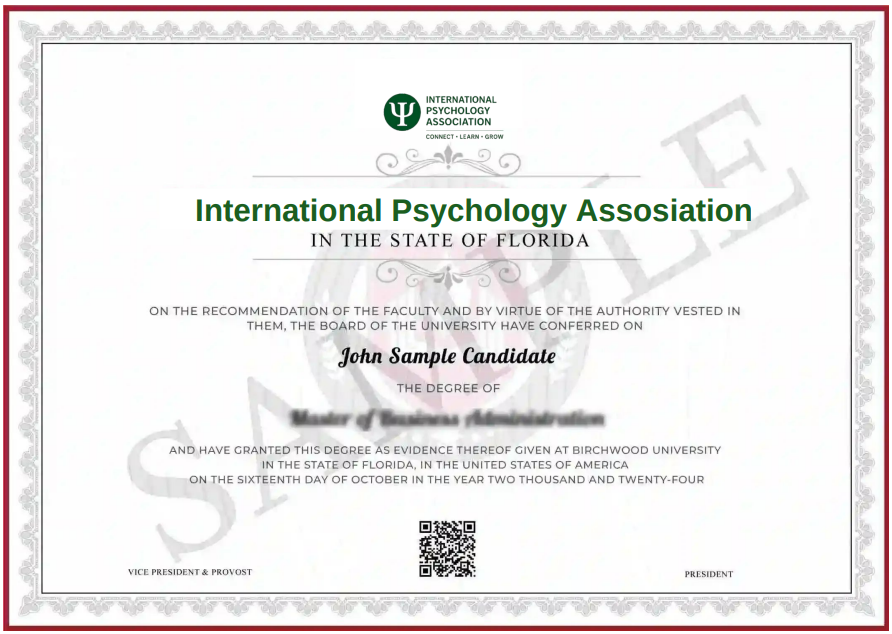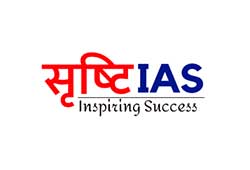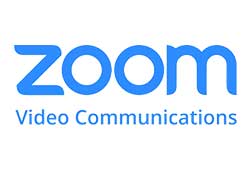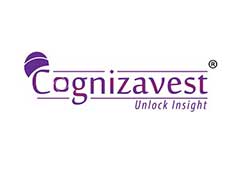Duration
18 Months
Eligibility
Graduation & above
Semesters
3
Program Credits
Standard
Program start date
Depend upon the seats available
Course Overview
If you're feeling uncertain about whether this course is the right fit for you or have any questions, feel free to reach out to our "Career Expert". We're here to help you find the best path forward.
About this Course
MEPSC - Skill India Advantage
Course Curriculum
Program Credits
Subjects
Live Session Hours
Project Hours
OJL Hours
Projects
-
Basic principles of development across
the lifespan
-
Stages of development (infancy,
childhood, adolescence, adulthood)
-
Key theories of human development
(e.g., Piaget, Erikson)
-
The impact of genetics, environment,
and culture on development
-
Anxiety Disorders in Children
-
Attention-Deficit Hyperactivity Disorder
(ADHD)
-
Autism Spectrum Disorder (ASD)
-
Depression and Mood Disorders in
Children
-
Conduct and Oppositional Defiant
Disorders
-
Eating Disorders in Children and
Adolescents
-
Physical Development
-
Cognitive Development
-
Emotional Development
-
Social Development
-
Observational Studies
-
Case Studies
-
Experimental Designs
-
Ethical Considerations
-
Basics of Genetics
-
Chromosomal Patterns
-
Inheritance and Behavior
-
Genetic Disorders
-
Zygote Stage
-
Embryo Development
-
Fetal Growth
-
Maternal Influences
-
Definition of Teratogens
-
Common Teratogenic Effects
-
Maternal Health Impact
-
Prevention Strategies
-
Types of Childbirth
-
Newborn Reflexes
-
Early Screening
-
Parental Adjustments
-
Bowlby’s Attachment Theory
-
Types of Attachment
-
Factors Influencing Attachment
-
Cross-Cultural Variations
-
Sensorimotor Stage (Piaget)
-
Object Permanence
-
Role of Exploration
-
Influence of Caregivers
-
Theories of Personality (Freud, Jung,
Rogers)
- Trait Theory and Personality Assessments
- The Role of Genetics in Personality
-
Personality Development Over the Lifespan
-
Types of Temperament
-
Measuring Temperament
- Impact on Behavior
- Stability Over Tim
-
Components of Language
- Stages of Language Acquisition
- Role of Family Environment
- Multilingualis
-
Types of Play (Solitary, Parallel,
Cooperative)
-
Role of Play in Learning
-
Gender Differences in Play
-
Social Skills Development
-
Kohlberg’s Stages
-
Social Learning Theory
-
Role of Empathy
-
Cultural Influences
-
Authoritative, Permissive, Authoritarian
-
Impact on Behavior
-
Role of Cultural Context
-
Long-Term Effects
-
Development of Basic Emotions
-
Self-Conscious Emotions
-
Emotional Self-Regulation
-
Parental Influence
-
Montessori Method
-
Reggio Emilia Approach
-
Play-Based Learning
-
Impact on Cognitive Growth
-
Family Dynamics
-
Sibling Relationships
-
Parenting Practices
-
Extended Family Influence
-
Peer Pressure
-
Development of Friendships
-
Social Learning in Groups
-
Role of Peers in Identity Formation
-
Growth Patterns
-
Motor Skill Development
-
Gross vs. Fine Motor Skills
-
Influences on Physical Growth
-
Vision and Hearing
-
Taste, Smell, and Touch
-
Sensory Preferences
-
Impact on Cognitive Development
-
Changes in Brain Structure
-
Role of Hormones
-
Impact on Decision-Making
-
Implications for Behavior
-
Erikson’s Identity vs. Role Confusion
-
Peer Influence
-
Role of Family
-
Impact on Mental Health
-
Gender Identity Development
-
Cultural Influences
-
Gender Dysphoria
-
Impact of Media
-
Autism Spectrum Disorder
-
ADHD Overview
-
Early Intervention Strategies
-
Role of Family Support
-
Importance of Balanced Diet
-
Nutritional Deficiencies
-
Childhood Obesity
-
Role of Diet in Cognitive Development
-
Importance of Sleep
-
Sleep Patterns in Children
-
Impact of Sleep Deprivation
-
Parental Strategies for Healthy Sleep
-
Common Language Delays
-
Dyslexia and Reading Challenges
-
Assessment of Language Disorders
-
Intervention Strategies
How will this program benefit you?
Who all can join?
Graduates in Psychology or Related Fields
Educators and School Professionals
Healthcare and Social Work Professionals
Parents and Caregivers
Early Childhood Practitioners
Career Changers
Aspiring Researchers and Academics


Get Upto 35% Scholarship
"Avail up to a 35% scholarship and receive exclusive additional benefits."
- Alumni Network of 12,500+ Members - Gain access to a vast network of over 12,500 alumni who can support and guide you in your professional ventures.
- 90+ Hiring Partners - Benefit from dedicated job assistance through our extensive network of over 90 hiring partners, ensuring you have the best opportunities in the industry.
- Exclusive Membership - Enroll now and enjoy a complimentary membership, providing access to valuable resources and opportunities.
- Personalized Mentoring Sessions - Receive multiple one-on-one mentoring sessions with industry professionals throughout the course, helping you navigate your career path.
- Workshops, Events, and Bootcamps - Get free access to a wide range of workshops, events, bootcamps, and networking meetings, designed to enhance your skills and expand your professional network.

Course Faculty

Refer someone and Earn upto INR 12,000 Cashback/Vouchers, on every successful enrollment
Your friend also gets an instant scholarship!
Success Stories
Our Learners Work At
Frequently Asked Questions
Yes, completing the Psychology Foundation Course is mandatory and complimentary for all enrolled learners. This foundational course must be completed within 3 months to qualify for the final certificate. It is designed to strengthen your basics in psychology, ensuring you have a solid understanding to excel in advanced modules of the program.
This Program includes coursework and practical training in assessing and supporting children with a wide range of developmental challenges, including autism spectrum disorder, learning disabilities, ADHD, emotional and behavioral disorders, and trauma-related difficulties. Students learn evidence-based interventions and strategies to promote positive outcomes for children with special needs.
Ethical principles and guidelines are integrated into the curriculum to ensure that students develop a strong understanding of professional ethics and legal standards in child psychology practice. Students learn about informed consent, confidentiality, boundary issues, cultural competence, and ethical decision-making in their interactions with children and families.
Yes, our program follows a stackable system of education, allowing students to earn credits that may be transferable to other academic programs or institutions. This flexibility enables students to build upon their existing qualifications and pursue further education or specialization in Career Counselling.
Yes, our program follows a stackable system of education, allowing students to earn credits that may be transferable to other academic programs or institutions. This flexibility enables students to build upon their existing qualifications and pursue further education or specialization in Masters in Child Psychology and Development.



_1753182320.jpg)

_1755835795.png)





_1693906637.jpeg)
_1693906710.jpeg)






















_1752926748.png)